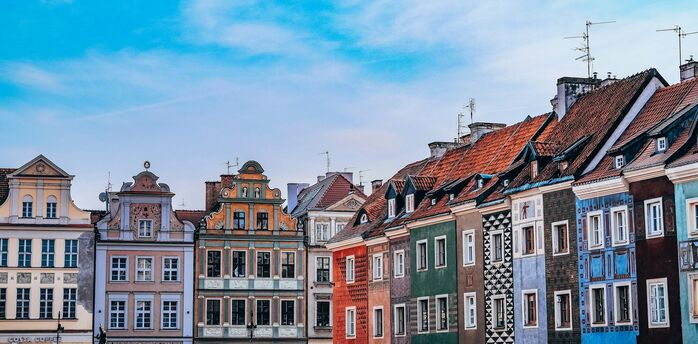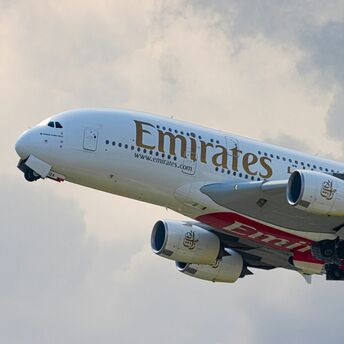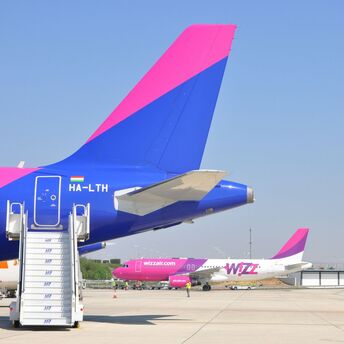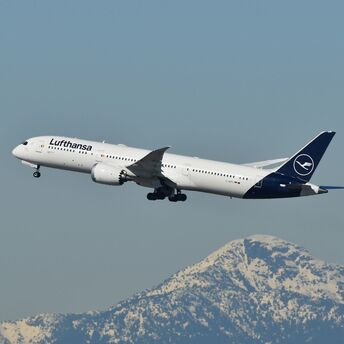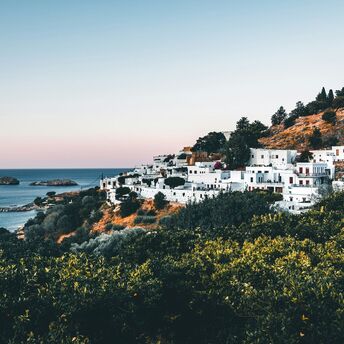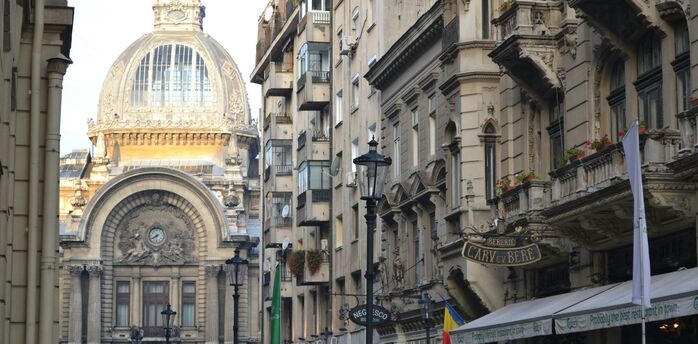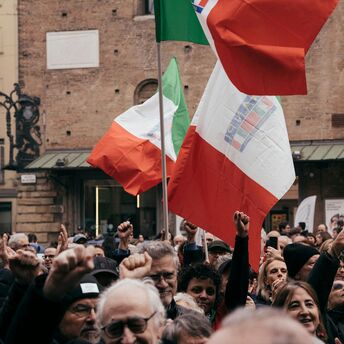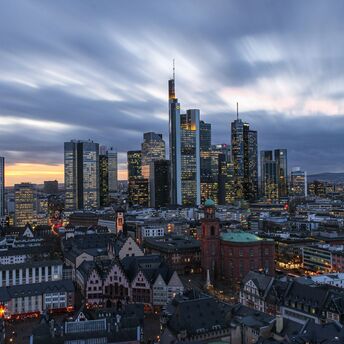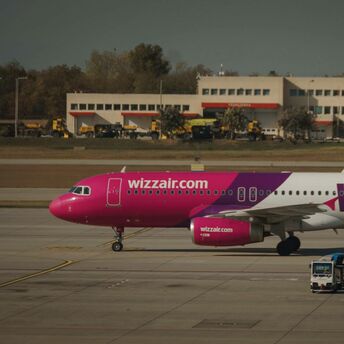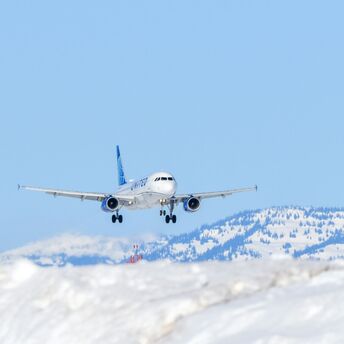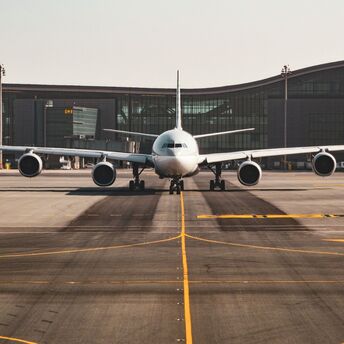The local government is sounding the alarm: it will be more difficult for tourists to climb Mount Fuji
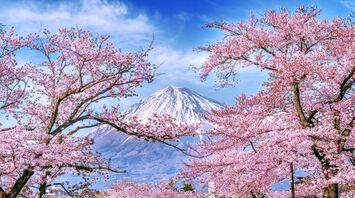
Japan attracts millions of tourists every year, but it will soon implement new regulations for visitors who wish to explore the iconic Mount Fuji. It is planned that tourists will be required to pay an entrance fee.
Specifically, tourists will soon be charged a fee for accessing the popular UNESCO World Heritage Site, Mount Fuji. This decision stems from the local authorities' initiative to restrict the number of visitors, as reported by The South African.
Starting from July 1, it is expected that the Yoshida trail, the most frequented hiking route on Mount Fuji, will impose an entrance fee. This measure aims to preserve the environment and enhance tourist safety.
Over the past year, Mount Fuji has faced significant challenges due to the overwhelming number of visitors. Reports indicate instances of pollution and hiking accidents, as 221,322 tourists and climbers visited the mountain.
Local authorities are alarmed by the extensive littering along the Yoshida trail, which has resulted in severe pollution. To address these concerns, authorities will cap the daily trail capacity at 4,000 individuals.
Officials anticipate that the entrance fee will contribute to financing new shelters along the trails for hikers in case of volcanic eruptions, as well as maintaining the integrity of Mount Fuji's hiking paths. Details regarding the fee structure will be announced later.
According to research conducted by the Group NAO project and the Global Destination Sustainability Movement, tourist levies implemented over the past decade aim to regulate overtourism and restore popular tourist sites.
These fees are utilized to fund the restoration of cultural heritage sites, develop tourist infrastructure, preserve nature, and compensate local residents for various forms of pollution.
The article highlights the trend of countries worldwide implementing additional charges for visiting tourist destinations. Notable examples include Indonesia, the Netherlands, and Italy.


